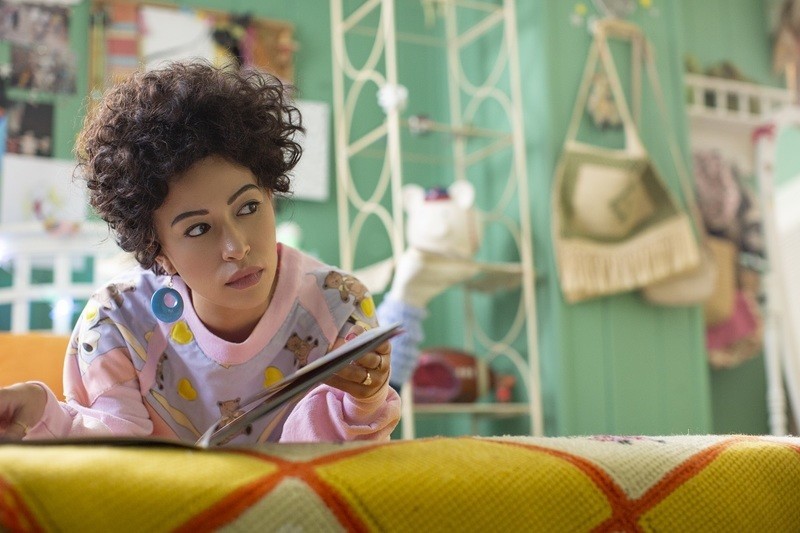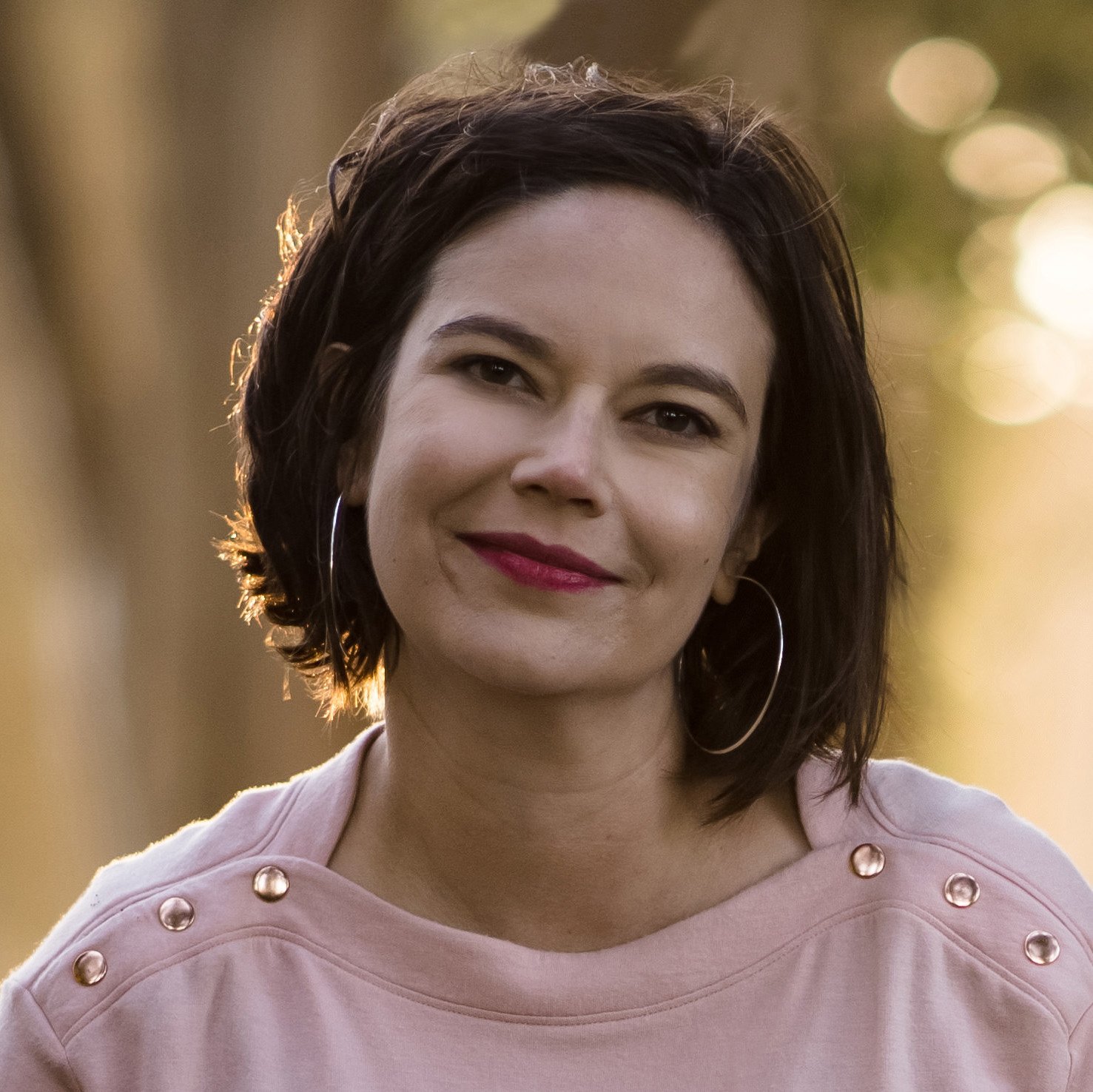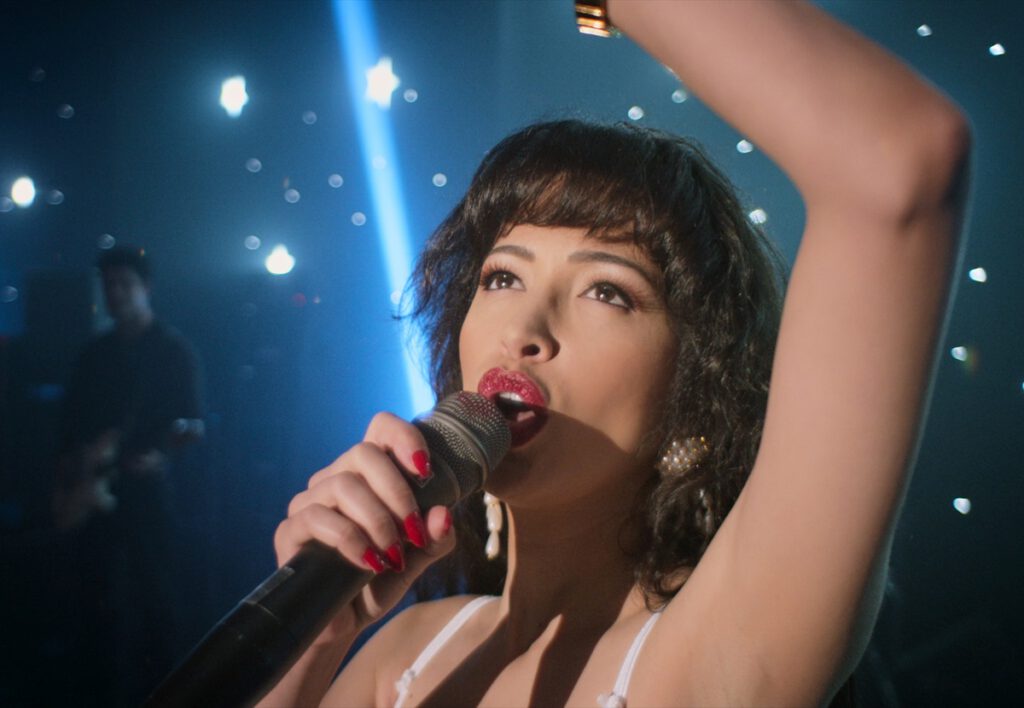Hopes are riding high for Netflix’s “Selena: The Series,” and star Christian Serratos in the titular role. It’s not just the ability to see the tragically fated and amazingly talented Selena Quintanilla again. It’s also the rare chance to watch US-born Latinxs headline a story in a major production. And they’re not selling drugs or joining gangs, but rather making art and loving their family—truly a rare occurrence. “Selena: The Series” tells the story of the entire Quintanilla family making it big in the music industry thanks to Selena’s talent, her dad’s hard work, her brother’s songwriting, her sister’s support, and her mom’s care.
With so few Latinx shows, there’s a lot of pressure on “Selena: The Series” to be great. But fans of the Tejana star are going to be disappointed by many of the show’s choices (bad dancing is at the top of my list). And even for those not versed in Selena lore, there’s plenty to pick apart. The pacing is slow with little at stake along the way—the writing tries to eke out drama from Selena’s rise to fame, but we all know how it’s going to end. The costumes are silly, verging on ridiculous. Not the over-the-top outfits “Selena y Los Dinos” wear on stage—those are accurate and fun—but the Quintanilla’s street clothes, which feel like period piece parody more in line with a show like “The Goldbergs” than what people actually wore in the ‘80s and ‘90s. And the mix of visual treatments can be bizarre—the show pairs real shots of bleak Texas highways with cartoon-like green-screens as the characters “drive,” their hair unmoving and the lighting mismatched. The result is jarring, pinging between realistic shots and a fairy-tale palette without any correlation to the action on screen.

The show’s most egregious error is the flattening of Selena herself—she’s not so much an actual person as a reality star trope. (It’s no surprise that the series is executive produced by Bravo alum Jaime Dávila.) Selena has too few traits of her own—she is relentlessly positive and likes changing her hair and designing clothes. And that’s it. Events that happen to Selena too rarely add to our understanding of her, leaving her a rather blank canvas.

Despite all of those flaws, “Selena: The Series” is enjoyable and important. Like Edward James Olmos before him, Ricardo Chavira steals the show as Selena’s father Abraham. He’s got just the right mix of pride, hard work, and stubbornness to make him the loving stage dad you both wish you had and are glad you didn’t. Noemí Gonzalez as Suzette, Selena’s big sister and drummer, also stands out. She may be insecure because she doesn’t match her family’s talent, but she still shows up and works hard, making her the most relatable of the group. A character unto itself, the music is thrilling, each new rhythm a chance to dance and fall in love with Selena again. The songs have aged particularly well—the Tejana hits finally mainstream as the antecedents to Bad Bunny and his ilk.
In the end, “Selena: The Series” pulls enough poignancy from Selena’s legend—we know she’ll never get to design those clothes or even turn 25—and the creators counteract the looming tragedy with silly, earnest, and heartfelt storytelling that gets you from one cumbia to the next. Selena and her family’s struggle to be recognized as both Mexican and American, to create art in that space, and embrace their entire identity, rings as true now as it did when Selena was alive (and when Jennifer Lopez played her in Gregory Nava’s 1997 film “Selena”).
We haven’t come very far since then. I was thrilled by the opening credits, seeing all those Spanish surnames on a big-budget Netflix production. Latinxs are the least represented when compared to our numbers in the population, and so every opportunity to tell our stories feels like it could be our last. But each Latinx show can’t and shouldn’t have to be perfect. Our worth, our visibility, our ability to make big Hollywood productions shouldn’t ride on Selena’s (well-padded) shoulders. No one production can tell the whole story of our extremely diverse communities and we should stop expecting them to do so.
There’s enough of Selena’s essence to make watching “Selena: The Series” worth it even if the show does not quite replicate her magic. In fact, it’s Selena’s sister, Suzette, who’s really the metaphor, not the titular legend herself. Suzette’s not particularly good at what she does, but we love her and root for her anyway.
Whole series screened for review.












